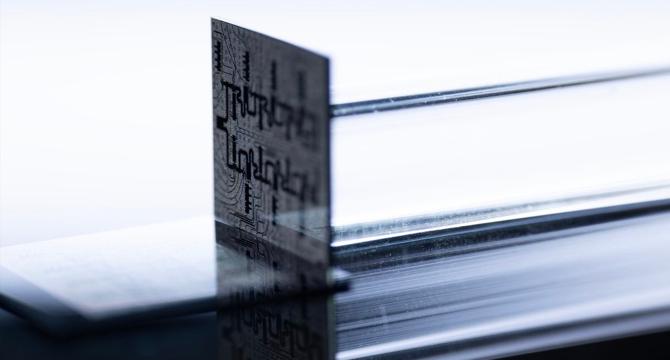Brighter Side of News
4w
129

Image Credit: Brighter Side of News
Groundbreaking qubit technology reduces errors in quantum computing
- Scientists at the AWS Center for Quantum Computing have developed a new quantum chip architecture called Ocelot that reduces errors in quantum computing by utilizing cat qubits.
- Quantum computers face challenges due to the fragility of qubits in a state of superposition, making them susceptible to errors from external disturbances.
- Ocelot combines cat qubits with error-correction codes to achieve more stable quantum computing, reducing the need for thousands of extra qubits for error correction.
- Cat qubits are less vulnerable to noise and can exist in two stable quantum states simultaneously, minimizing bit-flip errors.
- The Ocelot chip employs superconducting circuits made of microwave oscillators to stabilize qubit states and reduce bit-flip errors inherently.
- Through a simpler error-correction code focusing on phase errors, the Ocelot chip demonstrates improved error suppression and scalability.
- Published in Nature, this advancement represents a significant step towards fault-tolerant quantum computing, although further development and research are necessary.
- The research team, including scientists from AWS and Caltech, aims to refine the Ocelot chip design and expand the system to enhance practical quantum computing capabilities.
- With ongoing innovations like Ocelot, the prospects of practical quantum computing are becoming increasingly promising, potentially surpassing the capabilities of current supercomputers.
- This article provides insights into groundbreaking advancements in quantum computing error reduction, showcasing how technology like Ocelot is driving the field closer to real-world applications.
Read Full Article
7 Likes
For uninterrupted reading, download the app